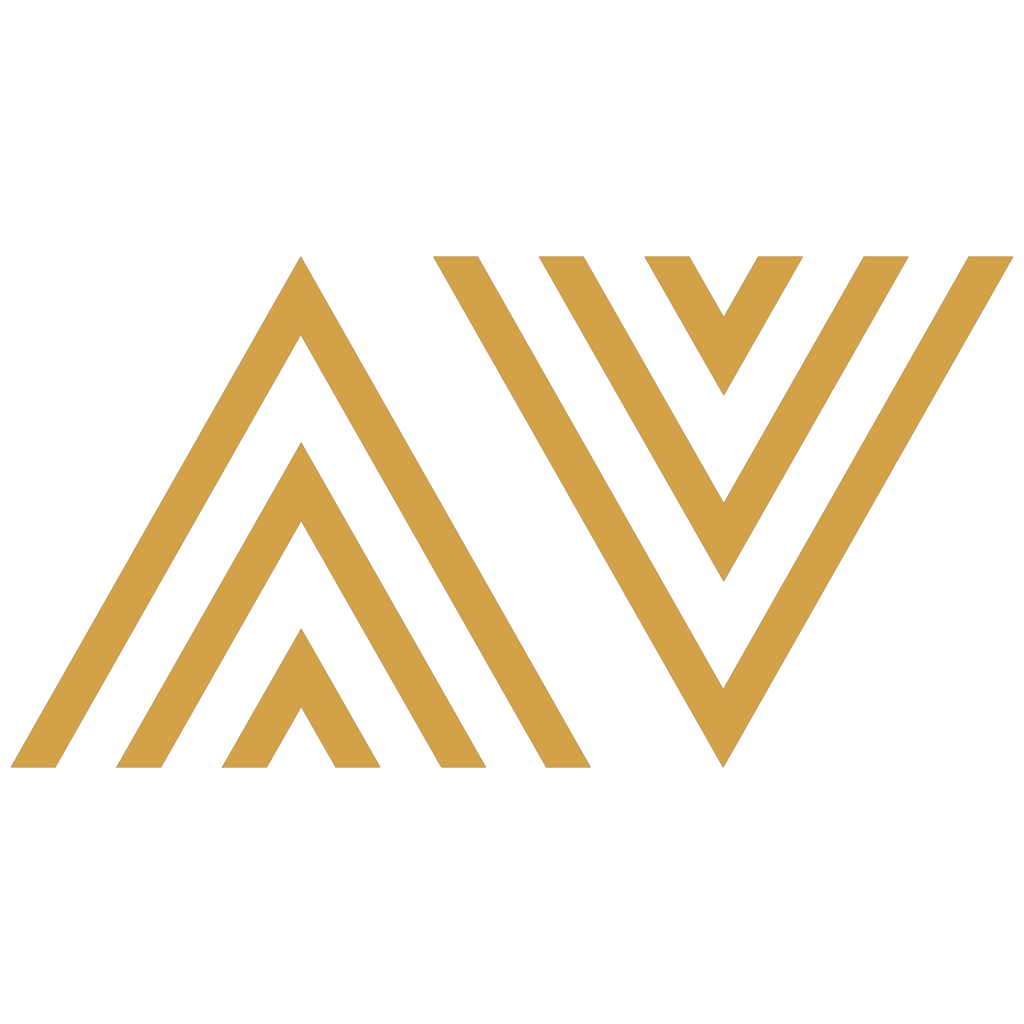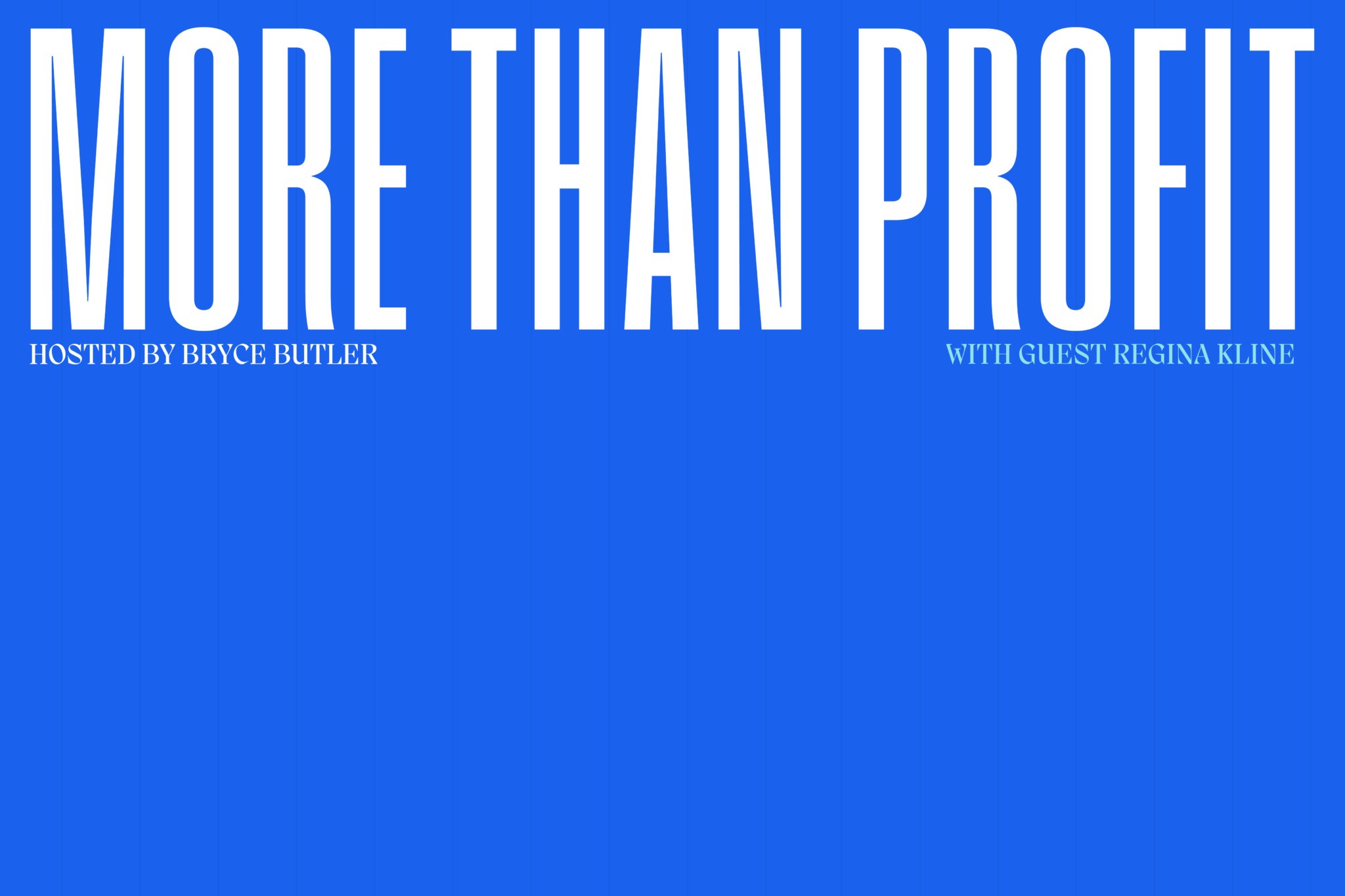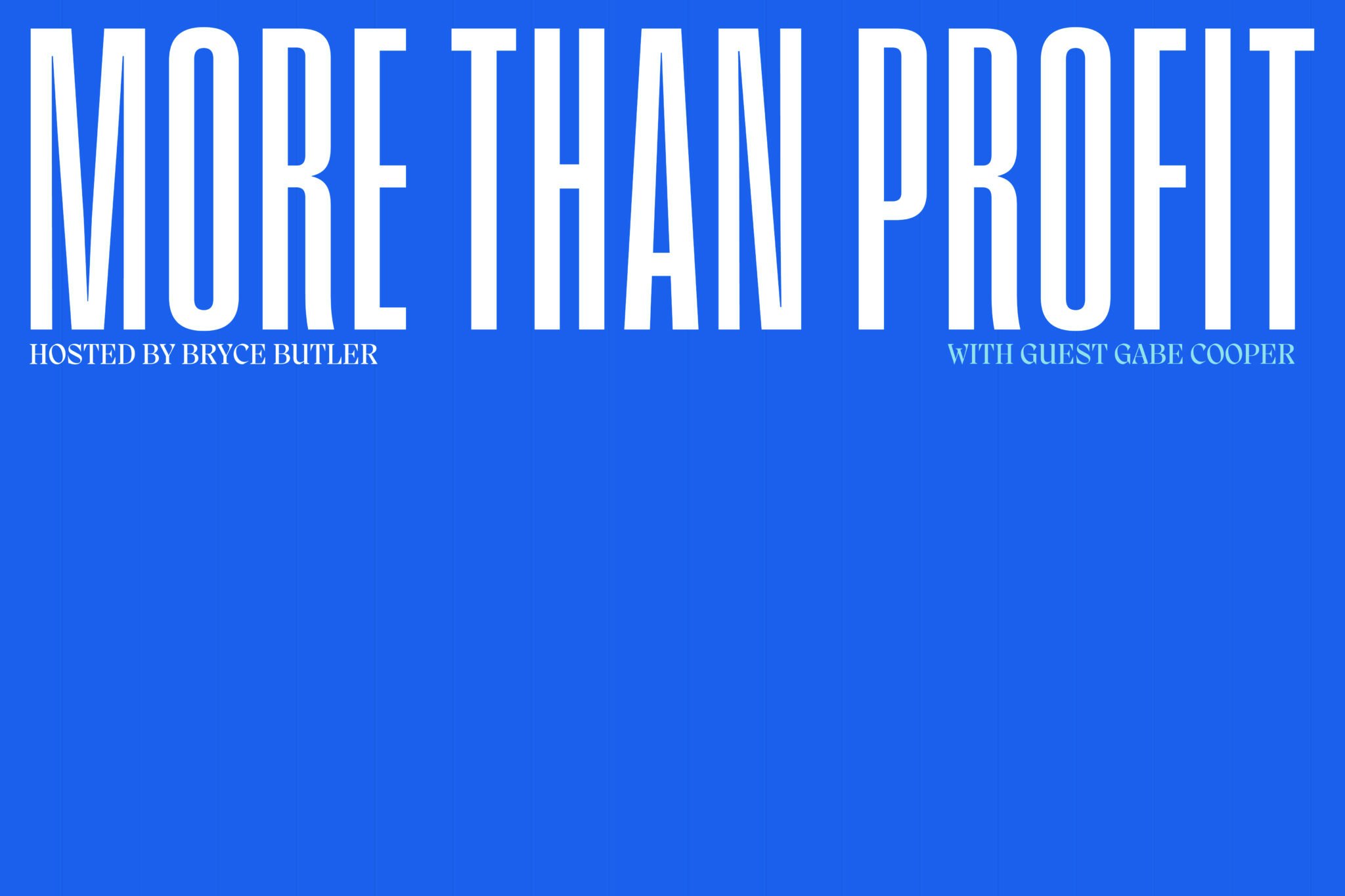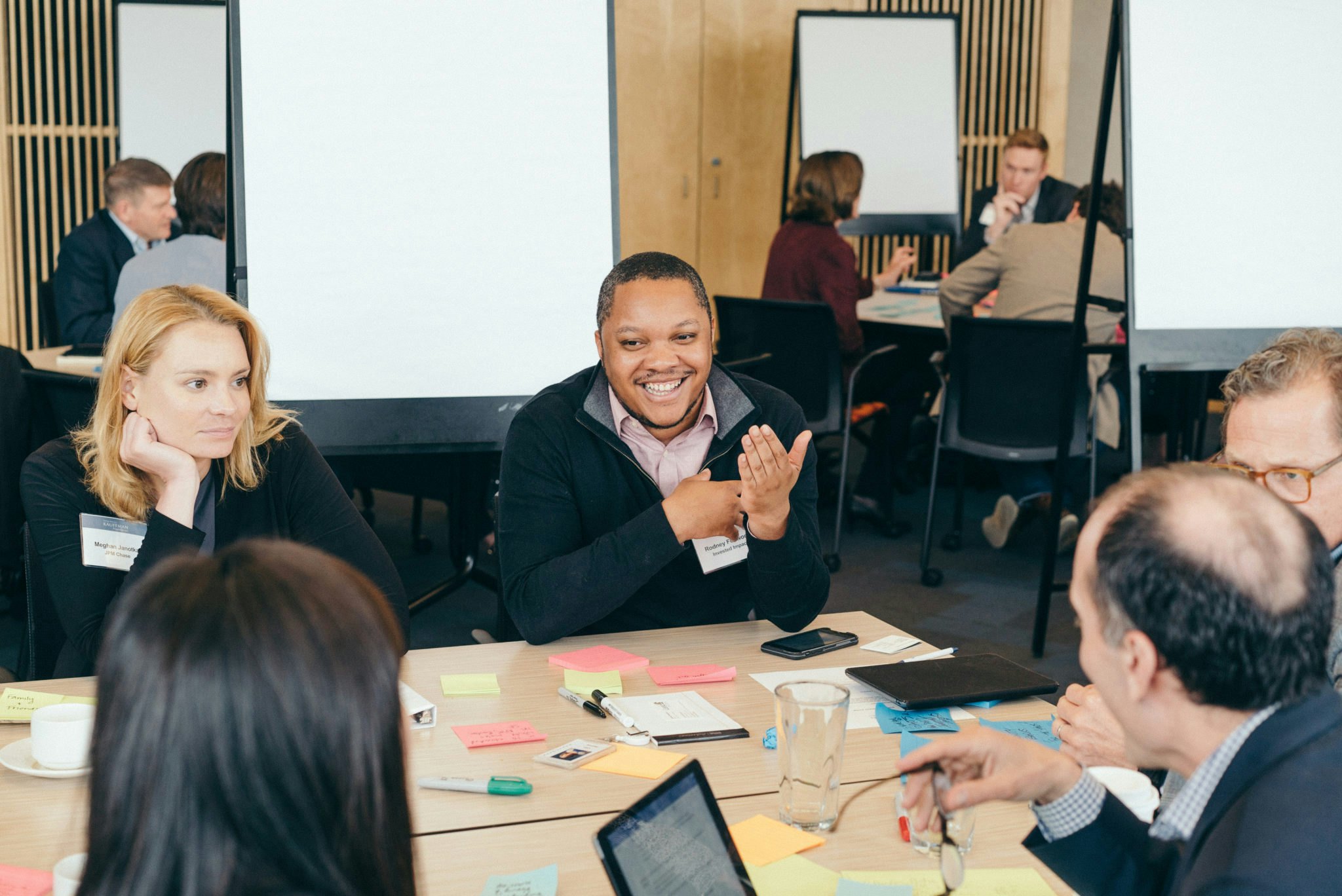Founder Story: Victoria Fram
Access Ventures wants to celebrate the journey of the individuals behind our investments and partnerships. Founder Stories are a series of conversations with entrepreneurs, partners, and founders in our portfolio. We explore the motivation, inspiration, and innovation that drives the spirit of entrepreneurship in the workplace, as well as provide insight to balance our regular workdays.
In this founder story, we spoke with Victoria Fram, Co-Founder & Managing Director of VilCap Investments. VilCap Investments is an early-stage venture capital fund that is reinventing the system to back the entrepreneurs of the future. They are affiliated with Village Capital, the pioneer in democratizing entrepreneurship and giving founders a voice in how early stage capital is allocated. We recently talked with Victoria about her work, entrepreneurship, and why VilCap Investments is unique. Here is what she had to say.
Describe the path to what you are doing now. What did you do before Vilcap Investments?
Before co-founding VilCap, I was investing at a traditional private equity fund of funds, lived in a few different countries working on international development, and had brief stints during business school on the program related investments team at the Bill & Melinda Gates Foundation and with an agricultural fund.
Why does Vilcap Investments exist?
We are driven by two fundamental beliefs: 1) the world is facing lots of existential risks — social and economic inequality, climate change — for which we need real solutions; and 2) we believe entrepreneurs can come up with solutions to address some of these risks, and we want to find them wherever, and whoever, they are and give them the support and capital to succeed.

Vilcap Investments is not a typical venture fund – can you explain a bit about how the fund operates and what your role with the companies is day-to-day?
We are definitely not typical — though the idea that we give founders the power to decide how we allocate capital has started to appear less ‘crazy’ the more that traditional venture funds realize that an industry dedicated to supporting innovation might actually need to innovate itself, and we’re now seeing more experimentation with new decision-making processes emerge.
For the past eight years, leveraging the Village Capital model, we’ve made all of our initial investments through a transparent peer-selection process whereby founders that are working in the same sector evaluate each other against our investment criteria. Their ranking of their peers determines the top few companies that we invest in from each group of 12.
In Village Capital programs, the founders are supported with social capital, industry partnership, customer connections, network resources, and lots of intensive peer feedback and review – they spend 30 to 40 hours doing diligence on each other. Even before this intensive process, we think they have an invaluable perspective as founders to evaluate each other’s potential, and our results are demonstrating success. In addition to exits and traditional financial metrics of success, we’re also really proud that our portfolio is much more diverse than a typical fund’s: more than 40% of our capital is invested in female-led companies, more than 25% of our capital is invested in founders of color, and more than 85% of our capital is invested outside of the concentrated markets of the Bay Area, New York, and Boston, which have historically received 75% of venture investment in the US.
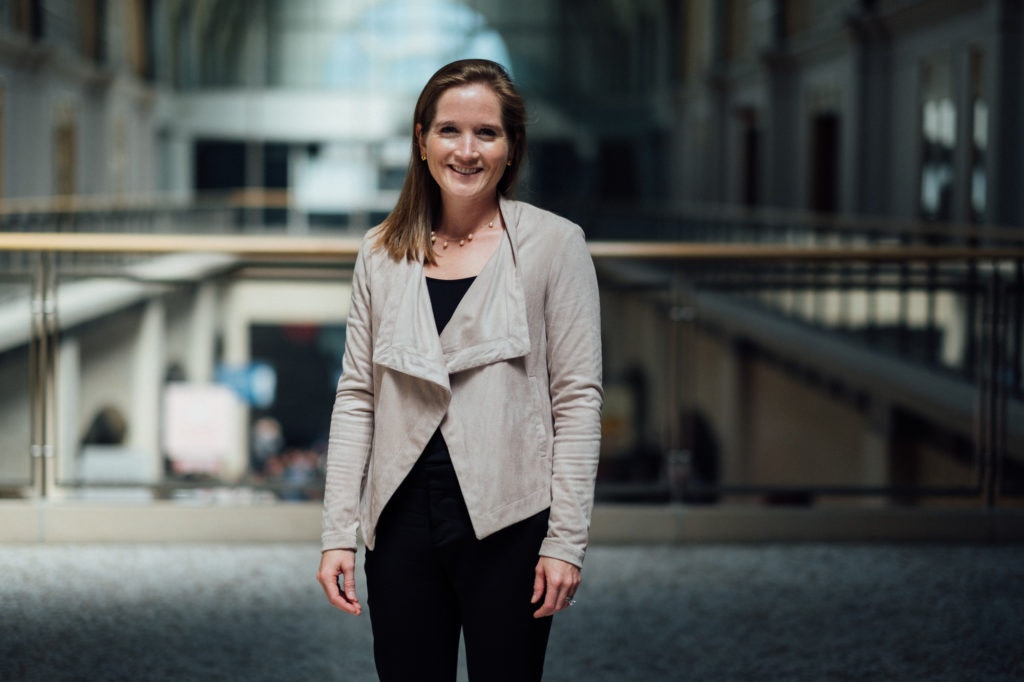
How do you define entrepreneurship?
The creative pursuit of using business to address a problem or opportunity.
What advice would you give to someone that is starting out on their entrepreneurial journey?
Do it! No one has all the answers — even people who claim they do. It will be harder than you can imagine today, and it is a good thing you can’t imagine it because you should do it anyway. Get a coach – this does not have to be someone you pay, but it does have to be someone smart, and empathetic, and in roughly equal measures loyally in your corner and relentlessly challenging you to be better than you are. Don’t succumb to the hype cycle that surrounds lots of venture and entrepreneurship. Do the work – lots of the other parts will take care of themselves if you are good at that. And build in your principles from day one – for the companies we work with, that means thinking about two things we think are critical to outperformance over time (and that will cost you to repair if you neglect): how integral impact is to the business, and how you’ll attract an inclusive and diverse team.
It will be harder than you can imagine today, and it is a good thing you can’t imagine it because you should do it anyway.
What does a typical day look like for you?
More email than I would like. Fielding texts or calls or Slacks from founders in different industries and geographies asking for input on investment terms, trying to strategize their next round of funding, looking to hire the next vital person for their team. Thinking about portfolio management and where we’ll continue to invest among our existing companies.Communicating and reporting to our investors and partners about how things are going, ideally going for a walk outside with a co-investor. My best days are getting to go in-depth with companies in their contexts, either digging into business challenges with them or interacting with their customers or supply chains, seeing the real operations. We’re a lean fund and a startup ourselves, so there’s also a constant mix of ad hoc things that need to be done – figuring out how to comply with wire regulations in India, finding new office space when we need it, running payroll, etc.
What’s the biggest risk you’ve taken?
Starting this with my co-founder Ross. Or hang-gliding in Rio de Janeiro.
Is there a story you’d like to share about the impact that Vilcap Investments is making?
One of our portfolio companies, Pear Deck, is an Iowa-based edtech company that believes one of the keys to building a more civil society in the future is fostering individuals that are empathetic, honest, and reasonable. They want to equip teachers with the tools to reach every child in their classroom–most of all, the ones that might not naturally be inclined to participate. They’ve found that 90% of students who do not like to participate in class do enjoy using Pear Deck, and become more engaged. In an era where we know soft skills are critical to the future of work, where civic dialogue has become more polarized, and where the compounding of initial social and economic advantages or disadvantages can be deterministic of a child’s future, I’m really excited to see thoughtful educators thinking not just about how to drive results on tests, but how to think about holistic education of students as people. We were one of the early investors in the company, and have continued to back them as they’ve grown to a really exciting scale today.
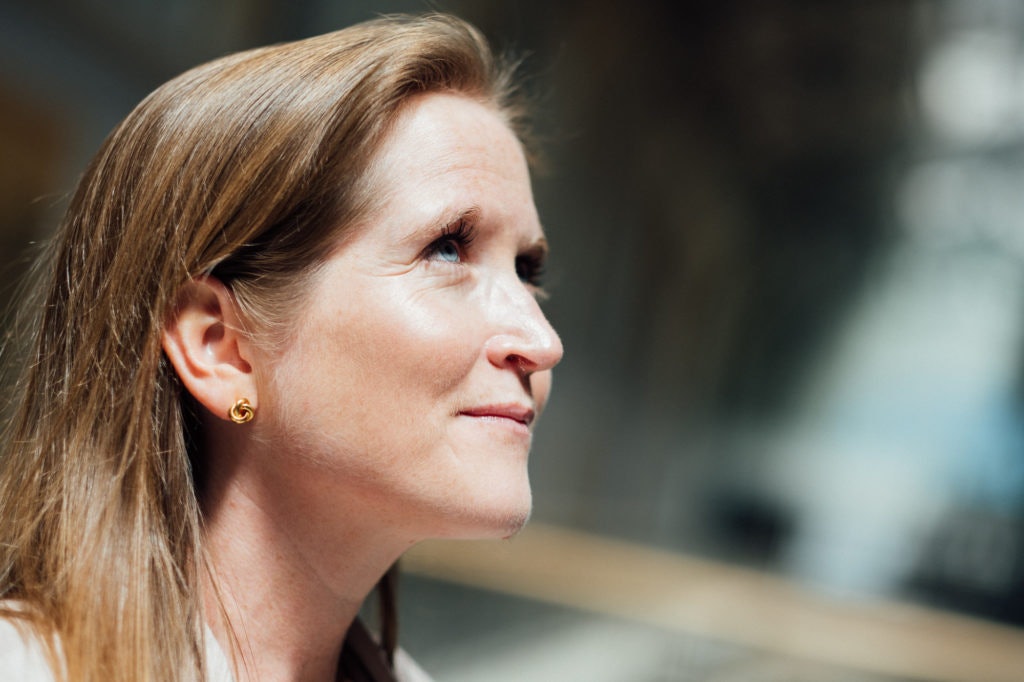
What kind of legacy do you hope to leave behind?
A friend gave me Anthony Burrill’s “Work Hard and Be Nice to People” print several years ago, and I see it everyday when I come in and out of my house. If I can succeed at doing those two things, that would be a solid legacy to me.
What obstacles or barriers did you have to overcome to get VilCap Investments off the ground?
Lots of skepticism that this would ever work, fund economics that were “too small to succeed” before we got some critical and catalytic support from USAID and anchor investors at Chilton Capital & Sorenson Impact Foundation, and our own limiting beliefs. That we earned the trust of our group of investors and the founders with whom we partner is something I still do not take lightly at all, and we are here thanks to them and to a great team.
What inspires you?
A belief in possibility. Our portfolio company founders and how determined they are to change the world. All these women running for office and winning elections. All these women starting and investing in companies. My son who at age three is already the hardest worker I know.
What personal rules do you abide by?
It’s easier to hold to your principles 100% of the time than 98% of the time. (I should note – aspire to abide by, which is somewhat ironic given that quote – but you get to keep building more data points into your 100%!) I’m also trying to hold on to some time to be less busy – to get more sleep, spend more time outside, prioritize more time to read and think.
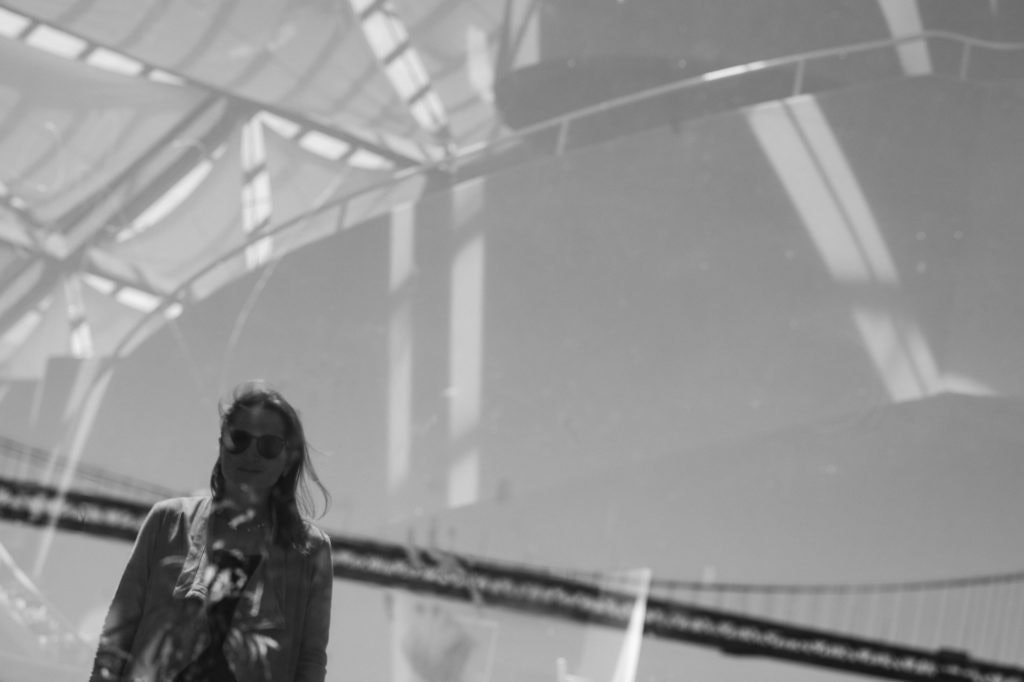
Do you feel creatively satisfied?
Argh, what a good question. No – not right now. If I could get back into some of my creative hobbies, like glassblowing, or playing piano, I would feel on a better track. I’ve been trying to find flow in other, less-time-consuming things, lately — a calligraphy class, large puzzles, coloring.
Helping to build businesses is a different type of creative satisfaction – our work is never done there – and it is not the same type of outlet for me as personal creative pursuits.
What’s next for Vilcap Investments? What excites you about the future?
We’re really excited to think about how to help our companies scale beyond early stage in to the next stage of their growth — something that would be a new chapter for us. And even with several years of track record now, our vision as to how we can reinvent the venture system is still only in its early days.
To stay up-to-date on our most recent journals and work subscribe to our newsletter.
Photos by Dan Milnor, with thanks to Collaboration Capital
